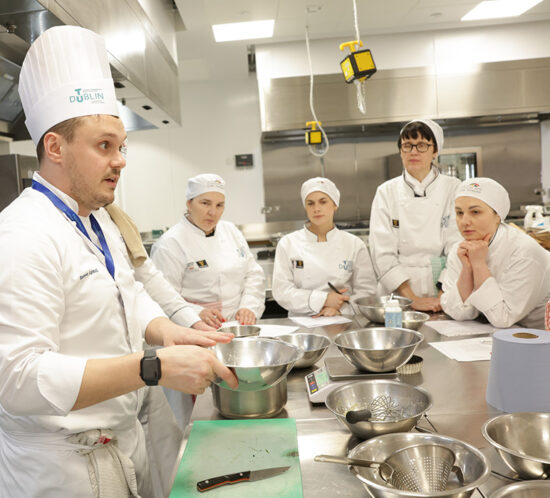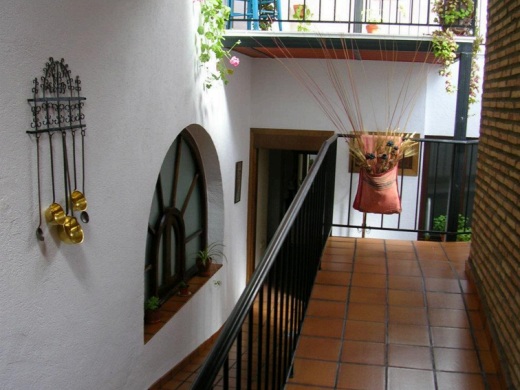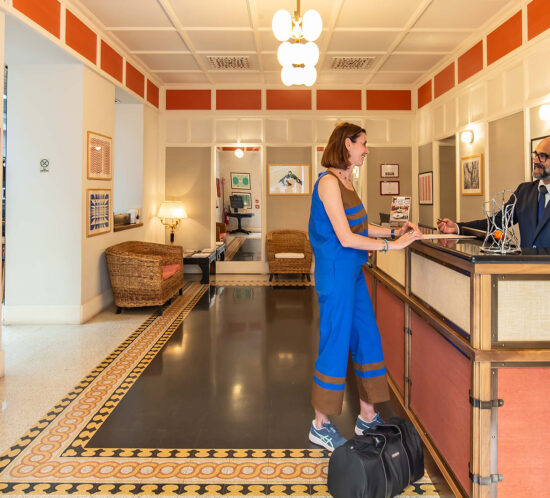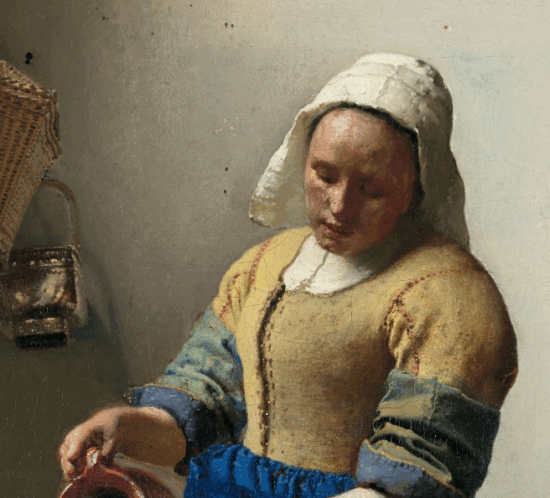Guinness Learning for Life: Community empowerment through EDI training
The Guinness Learning for Life Culinary Arts Programme is a skills programme provided by TU Dublin’s School of Culinary Arts and Food Technology (SCAFT). It is funded by Diageo Ireland. Established in 1941, the School of Culinary Arts and Food Technology is Ireland’s oldest and largest provider of culinary education. Diageo, who own Guinness, is a global leader in premium drinks.












